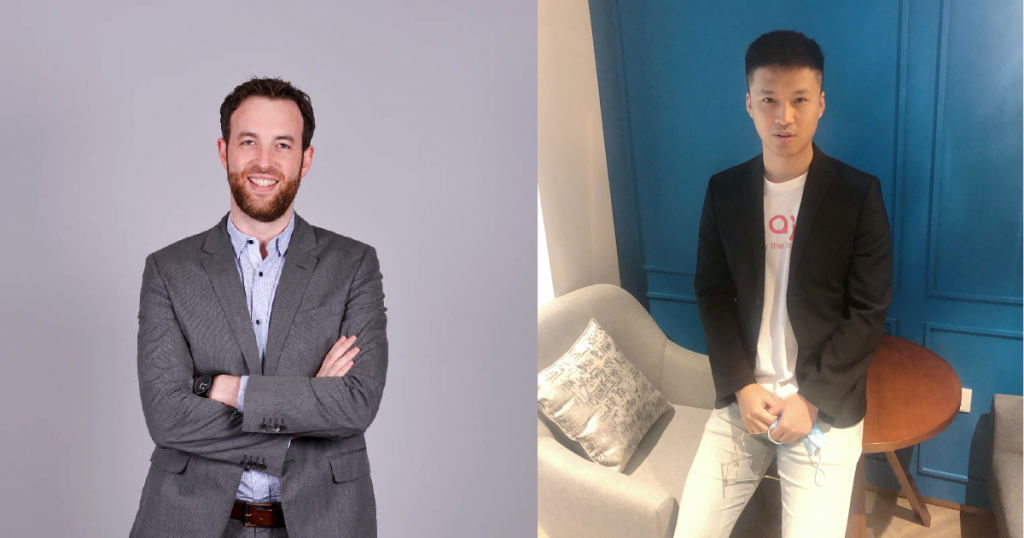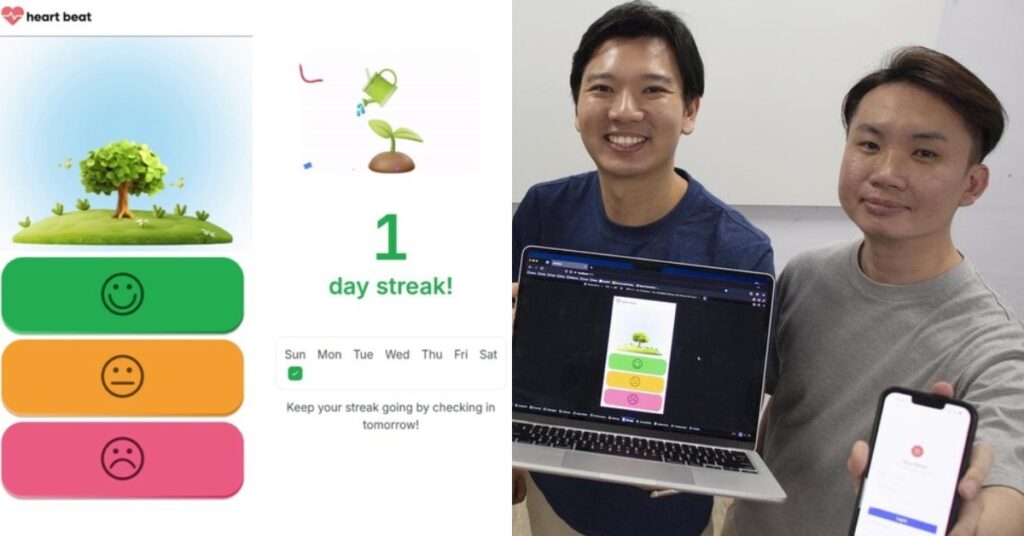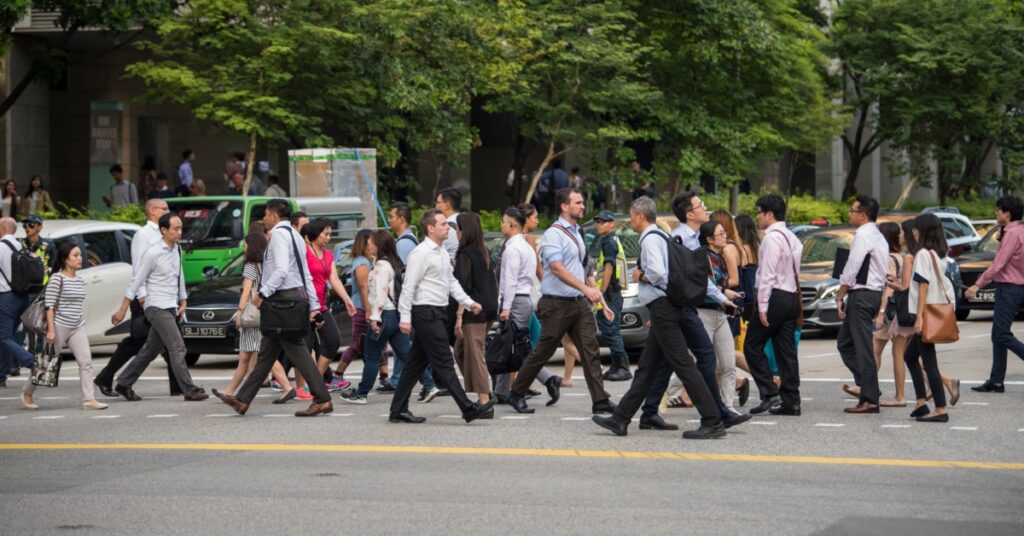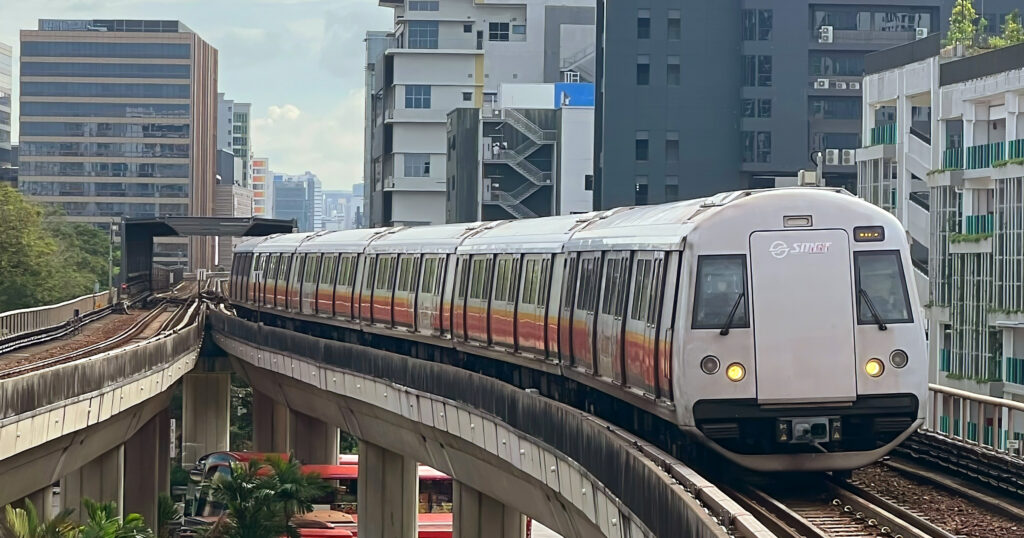The travel, tourism and hospitality industry has arguably been the hardest hit during the Covid-19 pandemic.
Countries all over the world have shut their borders, air travel has halted to a standstill, and the number of international travellers dropped drastically.
Even well-established startups such as Klook and YouTrip have had to scramble to pivot during the pandemic, with the former moving into home-based experiences and the latter e-commerce.
Some new travel startups like Trutrip even had to pivot to a completely different business model before launching.
On the other hand, other startup founders have acknowledged that consumers have new needs that arose from the Covid-19 pandemic, and sought to address them.
Building A Startup In Travel And Hospitality During A Pandemic

Trutrip was conceived as a one-stop travel platform for business travellers to book, manage and approve their business travels.
Hugh Batley, the CEO and co-founder of Trutrip, shared that back in February, the startup had not yet launched their initial product, but were a few months away from doing so.
“As the situation progressed, we could see travel would be taking a prolonged absence from people’s plans,” Hugh said.
Indeed, shortly after, Singapore went into lockdown, following a spate of lockdowns all around the world.
At that time, it was of common perception that the travel industry had been “destroyed”.
Hugh and his co-founder Pinky Tham had to make a decision: “mothballing the project, looking for a non-travel related model or using the time to prepare for the future needs of the SME market.”
They went with the decision to strengthen the startup to ensure that they could produce a solution that would really help the SME market in a “post-Covid world”.
TruTrip thus had a very simple plan moving forward — staying within their budget, and focusing on engaging users, delivering a product road map and building awareness.
Another startup that was built during the pandemic is Stayr. It allows users to book hotel accommodations and other spaces by the hour.
The Stayr application is set to be launched in October 1.
When asked what was the biggest challenge that the Stayr team faced due to Covid-19, co-founder Toby Cai shared that the trend in which tourism shifted was one of the “most impactful challenges”.
He explained to Vulcan Post that “consumers have also developed higher price sensitivity due to their limited spending power.”
However, the startup hopes that it can provide solutions to problems caused by the pandemic to both its corporate partners and customers.
Solving Problems Made Prominent By The Pandemic
Toby said that Stayr aims to “maximise the value of under-utilised assets such as hotel rooms, meeting lounges and office spaces, by securing on-demand hourly bookings on the go.”
As foreign visitor arrivals in Singapore have dried up, establishments like hotels have started to turn to locals to fill their rooms.
Besides staycations, some hotels have also started to open up “work-from-hotel” deals, where patrons can book spaces for a few hours.
Hence, Stayr’s solutions, despite being highly related to hospitality, are still very much relevant during the pandemic.
The startup has already partnered with hotels like Sofitel, Accor Hotels, Asanda Hotels & Resorts, Aqueen and Ibis.
The app was also developed to bring consumers flexibility and affordability, which has become particularly important as many seek solace from working-from-home.
TruTrip has also embarked on some Covid-specific projects; a notable one being Covid Entry Check.

The platform gives clients accessible, clear and consistent route level information to help make booking decisions during the Covid-19 period, especially when information is changing all the time.
In just 10 days after its launch, the platform had close to 30,000 visitors, from nearly 150 different countries.
People Will Start To Travel Again

Even though travel has taken a prolonged hiatus from people’s plans, it is unlikely that travel, especially business travel, will disappear forever.
Singapore is already in the talks with other countries to open reciprocal green lanes for business and essential travel.
Hugh is of the belief that now is the time the world is starting to see a shift in travel patterns. Therefore, now is “a great time to build something if you see a specific addressable need,” he added.
Like Hugh, Toby believes that people will definitely start to travel again.
“What’s most crucial now is the speed in which a startup can penetrate the market and prepare itself for the post-pandemic change,” he said.
After all, some of the most successful startups such as Slack, Uber and Airbnb were born out of the 2009 recession.
“I believe there will always be the next batch of iconic companies that arise from hardship like this, turning risks into opportunities,” said Toby.
Featured Image Credit: Hugh Bartley (left), Toby Shu (right)










